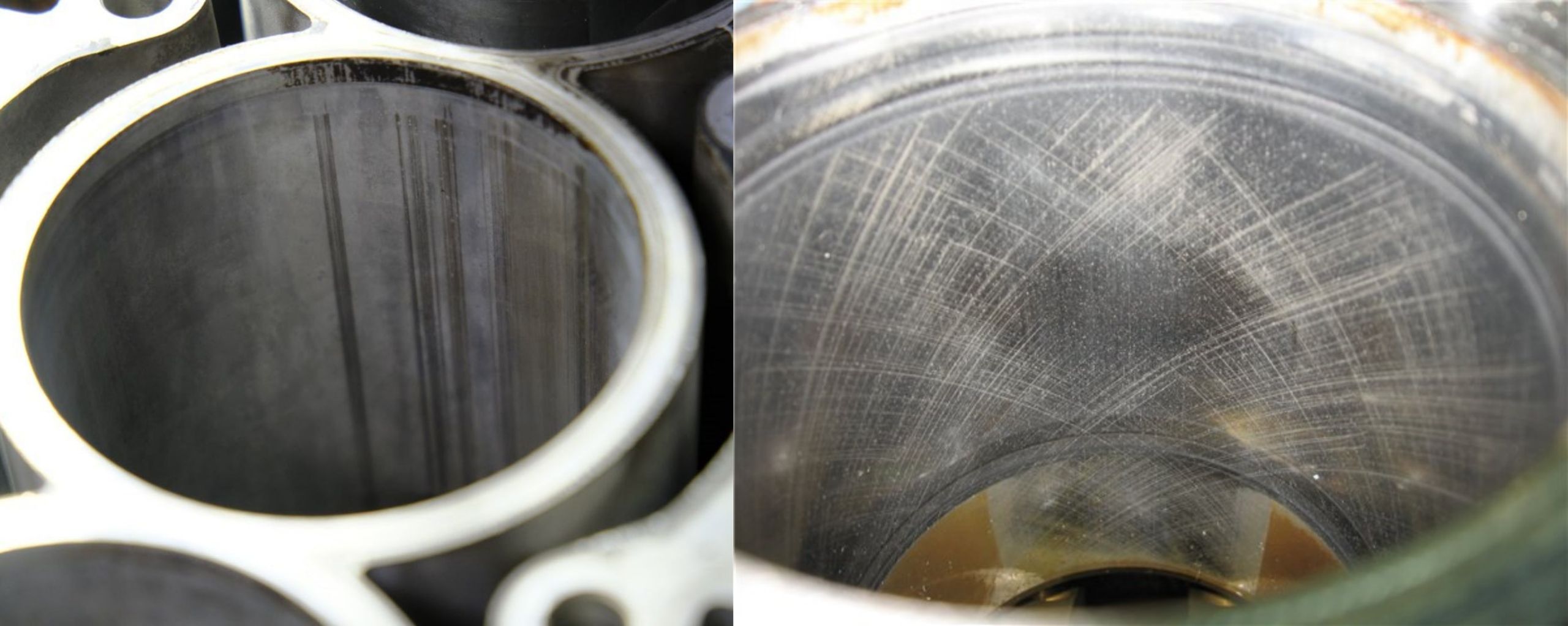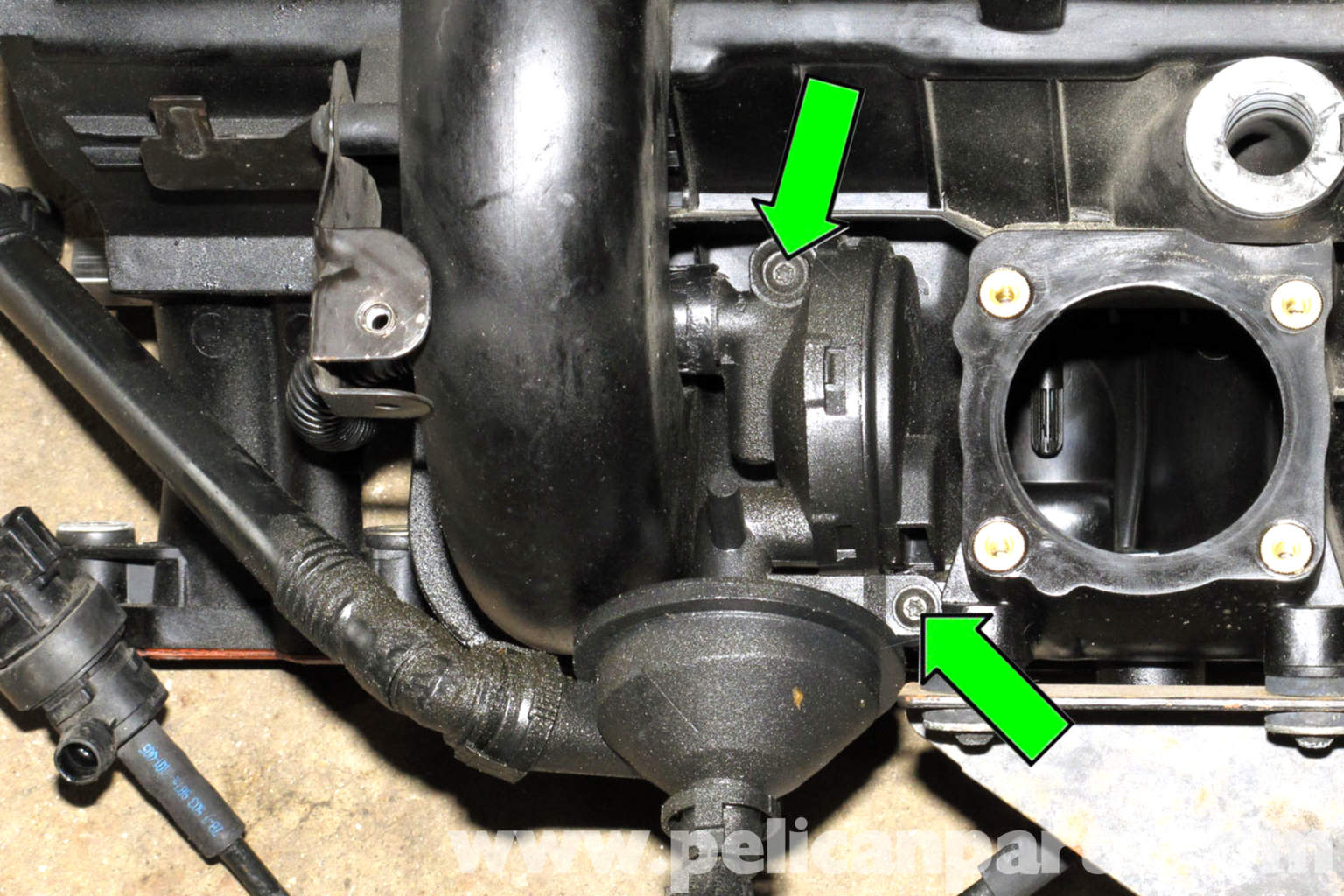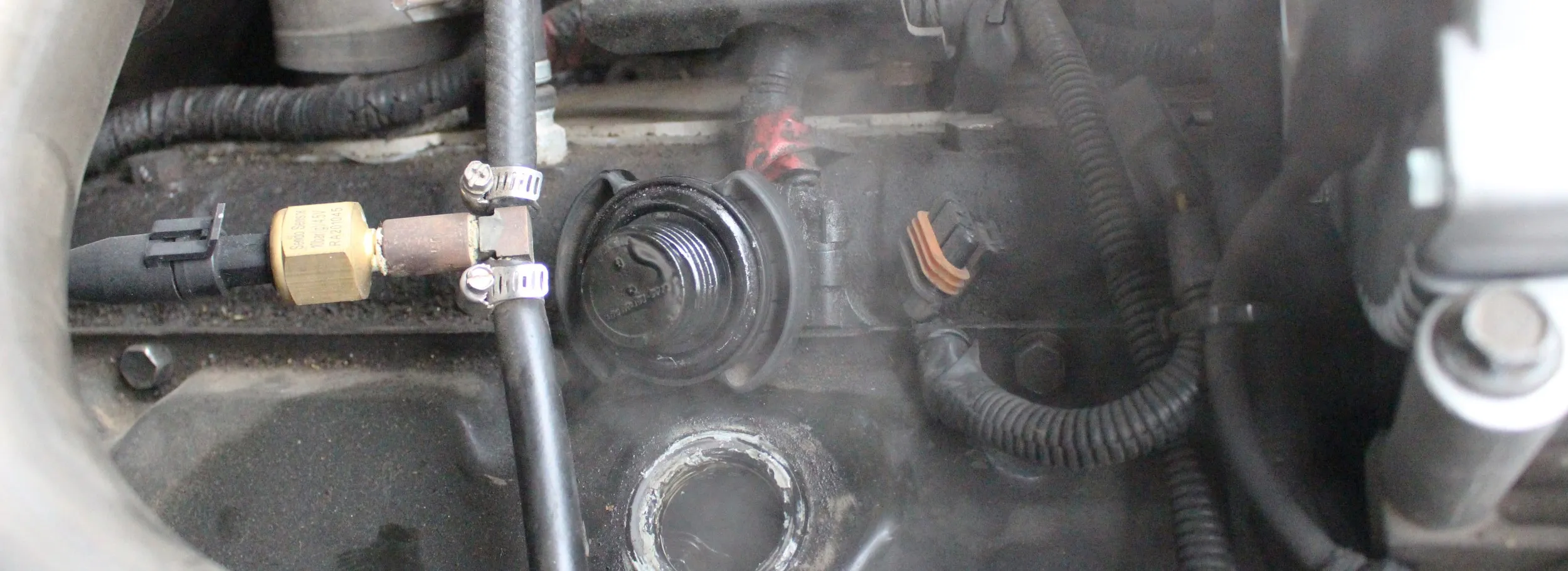What are the causes of excessive engine exhaust?
Table of Contents
ToggleExcessive crankcase blow-by is a common issue in diesel engines.
There are several reasons why the crankcase pressure may become too high, including:
Severe Wear of Piston Rings or Cylinder Liners
If the piston rings or cylinder liners are severely worn, the seal between the piston and the cylinder liner becomes inadequate. During the compression and expansion process of the diesel engine, a large amount of compressed gases can leak through the tiny gaps between the rings and the cylinder liner into the crankcase, leading to increased crankcase pressure.
Accompanying Symptoms:
- Severe blow-by from the breather
- Reduced engine power
- Possible blue smoke emissions

Piston Ring Gaps Aligned
Even if the piston rings are not worn, if their gaps are all aligned, a large amount of high-pressure gas will enter the crankcase during compression and expansion, increasing crankcase gas pressure.
- Symptoms: Severe blow-by, increased oil consumption, possible blue smoke from the exhaust.
Stuck or Broken Piston Rings
If the piston rings are stuck, broken, or have lost their elasticity, they will fail to seal the cylinder properly, allowing combustion gases to escape into the crankcase, increasing its pressure.
- Symptoms: Increased crankcase pressure, blue smoke from the exhaust, reduced engine power, and abnormal noises from the cylinder.
Piston Crown Damage or Cylinder Scuffing
Severe burning or scuffing of the piston crown will cause a loss of sealing in that cylinder, naturally leading to increased crankcase gas pressure.
- Symptoms: Abnormal engine noises, black smoke from the exhaust, reduced power, or the engine failing to run.

Crankcase Breather Malfunction
Breather diaphragm or breather piston damage
-
- If the breather diaphragm or breather piston is damaged, the crankcase loses its balance with atmospheric pressure. This imbalance causes an increase in blow-by gases.
- Symptoms: Increased oil consumption, severe blue smoke from the exhaust, but little to no impact on engine power.
Blocked breather vent hole
-
- If the small vent hole that balances the breather with the atmosphere is blocked, the crankcase cannot maintain pressure balance, leading to increased blow-by.
- Symptoms: Increased oil consumption, severe blue smoke from the exhaust, but little impact on engine power.

Overfilled Engine Oil
If too much engine oil is added, the limited space in the crankcase becomes excessive, causing the fast-moving crankshaft and connecting rods to violently stir the oil, creating excessive oil mist and increasing crankcase gas pressure.
- Symptoms: Increased crankcase pressure, excessively high oil level.
Severe Air Compressor Blow-by
If the air compressor piston rings are severely worn, compressed air mixed with oil can leak into the crankcase, increasing the crankcase gas pressure. If the piston rings, cylinder liners and breather system have been checked and found to be in good condition, but crankcase gas pressure remains high, the air compressor should be inspected.
- Symptoms: Increased crankcase pressure, higher oil consumption, slow air pressure buildup in the system, and traces of oil in the airlines. In this case, the compressor should be inspected, air pathways cleaned, and parts replaced if necessary (such as piston rings or safety valves).

Differences Between Piston Ring/Cylinder Liner Issues and Other Causes
- If piston rings or cylinder liners are worn, the gases leaking into the crankcase will have a strong combustion smell, whereas other causes will not.
- A piston ring or cylinder liner blow-by tends to cause the engine oil to turn black quickly, whereas other factors will not cause the oil to darken as fast.
- Blow-by caused by piston rings or cylinder liner wear results in loss of engine power, black smoke, and abnormal cylinder noises, whereas other causes of crankcase gas pressure increase do not produce these symptoms.
Consequences of High Crankcase Gas Pressure
- Increased oil consumption.
- Severe blue smoke from the exhaust.
- Carbon buildup on the piston crown and ring grooves leads to cylinder scuffing.
- In engines with a closed crankcase ventilation system (where the breather pipe is directly connected to the intake manifold), excessive blow-by can lead to piston crown burning and damage.
yeah engine has more than ten years of experience in repairing engine failure cases, providing engine long block and spare parts, and parts from the original factory. Logistics can reach the world.



